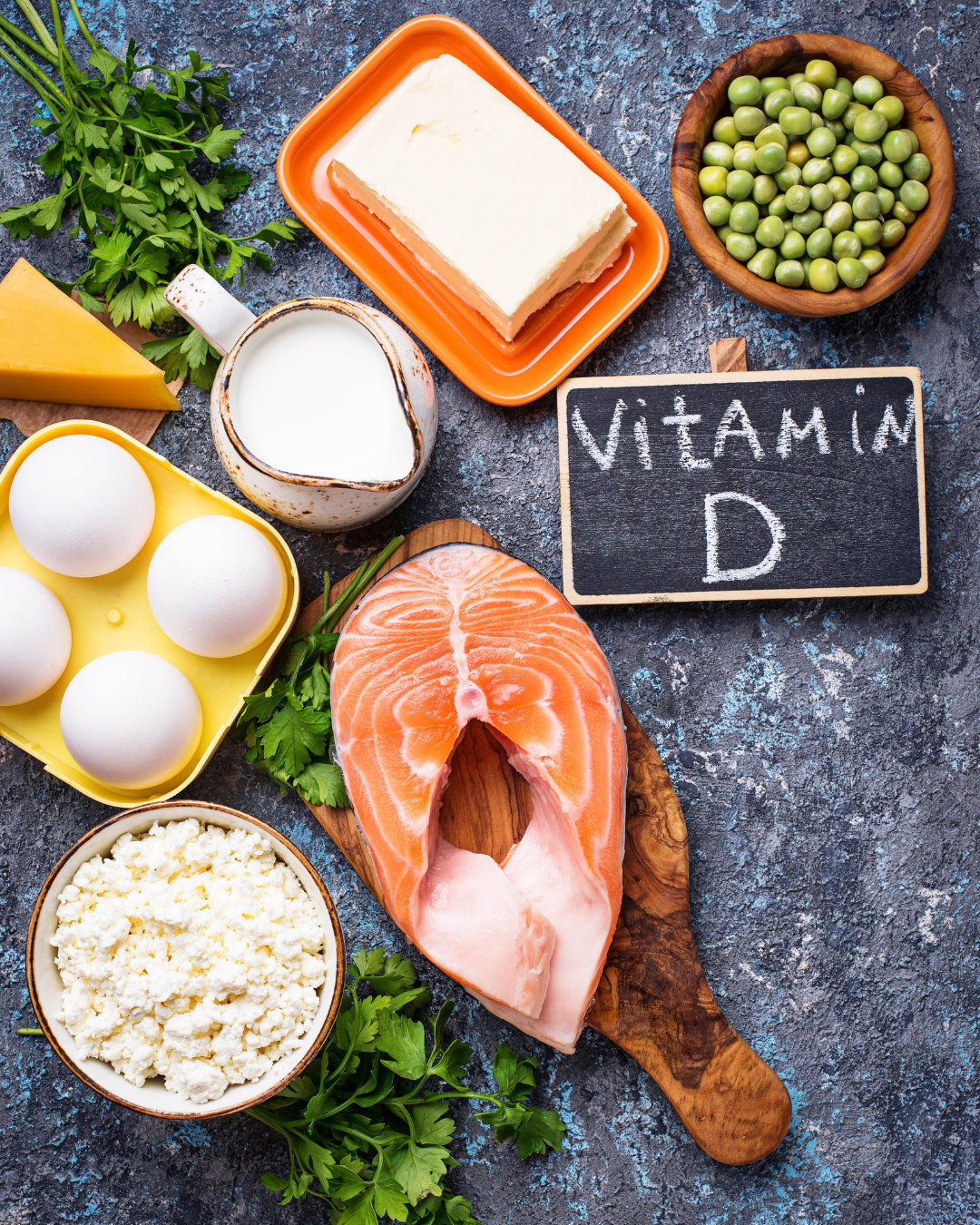
The Connection Between Vitamin D and Your Gut Health
InfinitreeEditor.Jo
The Connection Between Vitamin D and Your Gut Health
Last spring, Rachel, a 35-year-old mother of two, found herself constantly battling bloating, irregular digestion, and fatigue. After endless internet searches and trying different diets, she decided to see her doctor. Surprisingly, one of the key recommendations wasn’t probiotics or fiber—it was Vitamin D.
Most of us associate Vitamin D with strong bones and immune support, but its impact on gut health is an emerging and fascinating topic. Let’s explore how Vitamin D influences your digestive system and how you can optimize your gut health through this vital nutrient.
Why Gut Health is a Growing Concern
Digestive issues are on the rise, with conditions like irritable bowel syndrome (IBS), bloating, and food sensitivities affecting millions worldwide. But what causes gut health to deteriorate?
- Modern Lifestyles: Processed foods, stress, and sedentary habits negatively impact the balance of gut bacteria.
- Vitamin D Deficiency: Limited sun exposure, especially during winter months, leaves many people without adequate levels of this essential nutrient.
- Weakened Gut Barrier: A lack of Vitamin D can contribute to a weakened intestinal lining, leading to problems like leaky gut syndrome.
While gut health is influenced by multiple factors, Vitamin D plays a surprisingly central role.
How Vitamin D Supports Gut Health
Vitamin D impacts gut health in several key ways:
1. Strengthens the Gut Barrier
The intestinal lining acts as a protective barrier, preventing harmful substances from entering the bloodstream. Vitamin D helps maintain the integrity of this lining by supporting the production of tight junction proteins, which seal the spaces between cells.
2. Balances Gut Microbiota
Your gut is home to trillions of bacteria that play a crucial role in digestion, immunity, and overall health. Vitamin D influences the diversity and balance of gut bacteria, promoting the growth of beneficial microbes while suppressing harmful ones.
3. Reduces Inflammation
Chronic inflammation in the gut can lead to digestive discomfort and even systemic issues. Vitamin D’s anti-inflammatory properties help regulate immune responses in the gut, reducing inflammation and promoting a healthier digestive system.
4. Enhances Nutrient Absorption
A healthy gut is essential for absorbing nutrients like calcium, magnesium, and phosphorus. By supporting gut health, Vitamin D indirectly improves your body’s ability to absorb these vital nutrients.
The Solution: How to Improve Gut Health with Vitamin D
1. Get More Sunlight
Natural sunlight is your best source of Vitamin D. Spend 15–20 minutes outdoors daily, exposing your skin to sunlight during midday when UVB rays are strongest.
- Tip: Use a UV index app to determine the best times for sun exposure in your area.
2. Include Vitamin D-Rich Foods in Your Diet
Incorporating these foods into your meals can help boost your Vitamin D levels:
- Fatty fish like salmon and mackerel
- Egg yolks
- Fortified dairy and plant-based milks
- Mushrooms exposed to UV light
While helpful, diet alone often isn’t enough to meet daily requirements, especially for those living in northern climates.

3. Take a High-Quality Supplement
Supplements are a reliable and effective way to ensure you’re getting enough Vitamin D year-round. Infinitree’s Vitamin D3+K2 with Coconut Oil is an excellent choice because:
- Enhanced Absorption: The coconut oil base improves bioavailability.
- Synergistic Benefits: Vitamin K2 works with D3 to direct calcium where it’s needed, preventing buildup in the arteries.
- Convenient Dosage: One softgel daily supports both gut and overall health.
Practical Steps: Building a Gut-Healthy Routine
1. Monitor Your Vitamin D Levels
Get a simple blood test to check your current Vitamin D levels and determine the appropriate dosage.
2. Pair Vitamin D with Probiotic-Rich Foods
Combine Vitamin D with fermented foods like yogurt, kimchi, and sauerkraut to boost gut bacteria. The combination can enhance the diversity and resilience of your gut microbiome.
3. Stay Active
Regular exercise promotes healthy digestion and helps maintain a balanced gut microbiota. Aim for 30 minutes of moderate activity daily.
4. Avoid Gut Disruptors
Reduce your intake of processed foods, added sugars, and alcohol, all of which can negatively impact gut health.
5. Be Consistent
Make Vitamin D supplementation and healthy habits a part of your daily routine for long-term benefits.
Conclusion: A Healthy Gut Starts with Vitamin D
Your gut health affects far more than digestion—it’s a cornerstone of your overall well-being. By understanding the connection between Vitamin D and your digestive system, you can take proactive steps to improve both.
Infinitree’s Vitamin D3+K2 with Coconut Oil is a simple yet powerful addition to your daily routine, helping you support your gut, boost your immunity, and enhance nutrient absorption.
Take the first step toward better gut health today—because a happy gut means a healthier you.
Disclaimer: This blog is for informational purposes only and is not a substitute for professional medical advice. Always consult your healthcare provider before starting any new supplement regimen.

















